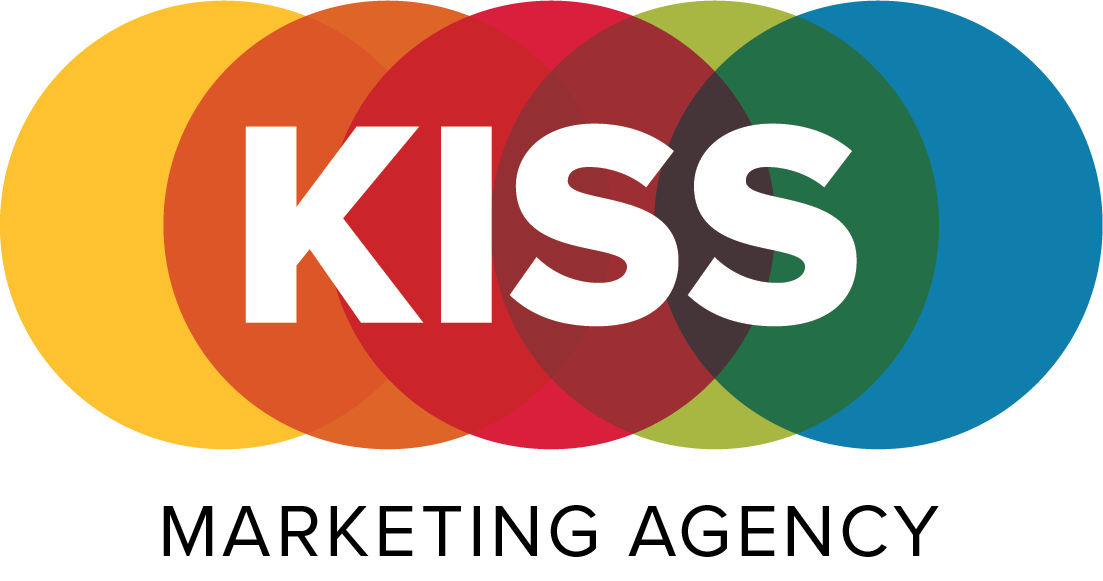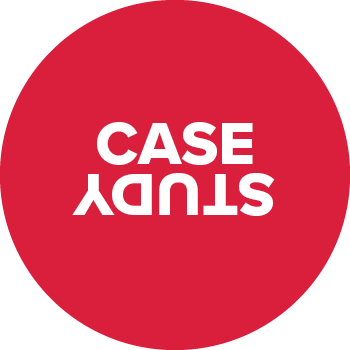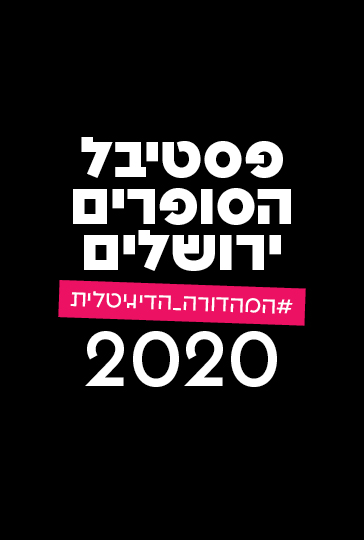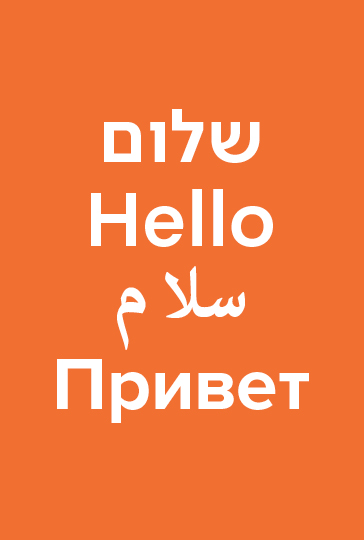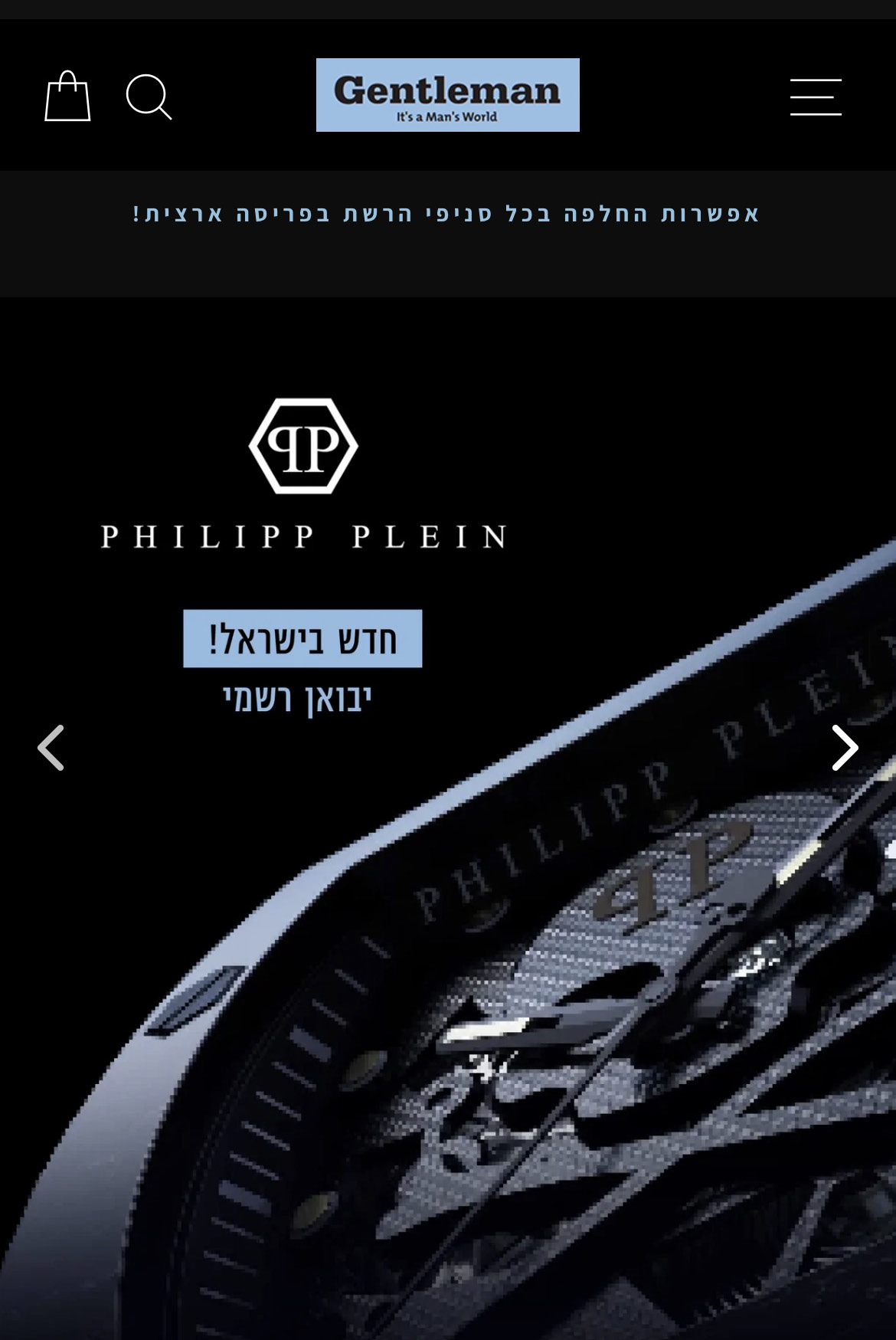The brief
The Author’s Festival was about to launch a new website around one month before the international event that takes place every year in Mishkenot Sha’ananim, Jerusalem.
But then Covid came along, and the brief became an attempt to answer the question: how do you hold a festival without being able to be there physically?
The idea
The initial idea was to make it into a digital festival. The “buy a ticket” links were converted into various “watch” links: by Zoom, YouTube lives, and pre-filmed content broadcast as a premiere. Audience engagement was enabled via social media and special WhatsApp groups, and the entire event was transformed into a digital celebration.
Today it seems almost trivial! But at the time we didn’t even know what Zoom was, and had no idea how events with large audiences from around the world could be held remotely.
The result
It turned out to be a blessing in disguise, as the Festival gained a much larger audience in Israel and abroad. We also got extensive media coverage, being the first Israeli festival to adapt itself to Covid requirements.
Marketing lesson learned
The unexpected often produces bold ideas that wouldn’t have even been considered otherwise.
